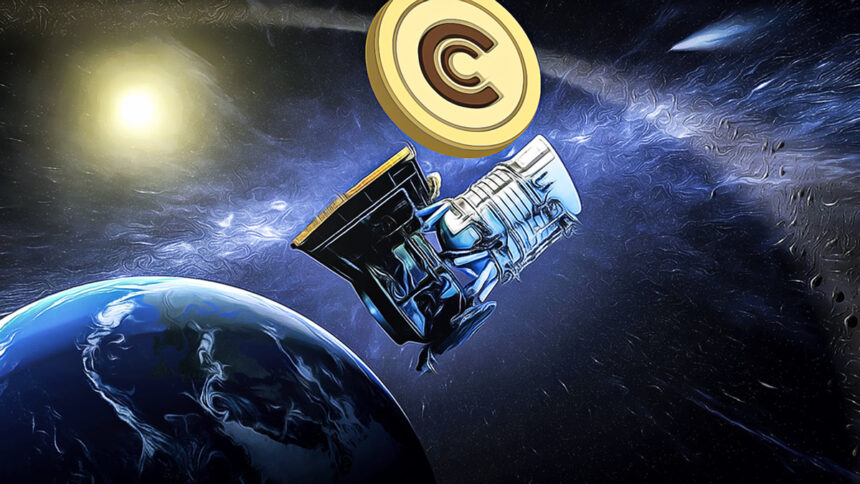Brian Armstrong, CEO of Coinbase, believes cryptocurrencies have emerged as the best payment option worldwide. During a conference, he discussed Base, a layer-2 scaling solution operating on Ethereum  $2,574, which can reduce global transaction approval times to under one second and keep transaction fees below $0.01. Armstrong emphasizes that fast and cost-effective payments can enable new categories of applications.
$2,574, which can reduce global transaction approval times to under one second and keep transaction fees below $0.01. Armstrong emphasizes that fast and cost-effective payments can enable new categories of applications.
Global Payment System
Armstrong highlights the potential of a decentralized global payment system to minimize “friction” in the economy. He suggests that reducing minor friction in economic transactions could lead to significant increases in adoption. Currently, messaging applications are free, leading to billions of messages sent daily, and Armstrong predicts a similar rise in payment transactions.
New Application Opportunities
Armstrong asserts that fast, inexpensive global payment systems could facilitate small transactions on social media, potentially creating new business models. For example, actions like pressing a like button or upvoting content on social media could be supported by tiny payments. Additionally, he mentions that a system allowing people to receive their salaries hourly could transform lending applications.
According to Armstrong, these new payment systems could alter the nature of economic relationships. He notes that the transition to free messaging services greatly increased usage, and he anticipates a similar trend in payments, which could streamline economic activities more efficiently.
This technology could democratize payment processes, granting broader access to financial services. Armstrong believes such a system could provide substantial benefits to both consumers and businesses. Reducing friction in payment processes may increase economic mobility and foster new business models.
Armstrong’s vision suggests that the adoption of new technologies could make economic systems more effective and inclusive. Cryptocurrencies and their underlying technology could reshape payment transactions and expand economic opportunities, indicating that future economic relationships may become faster, cheaper, and more transparent.

 Türkçe
Türkçe Español
Español









